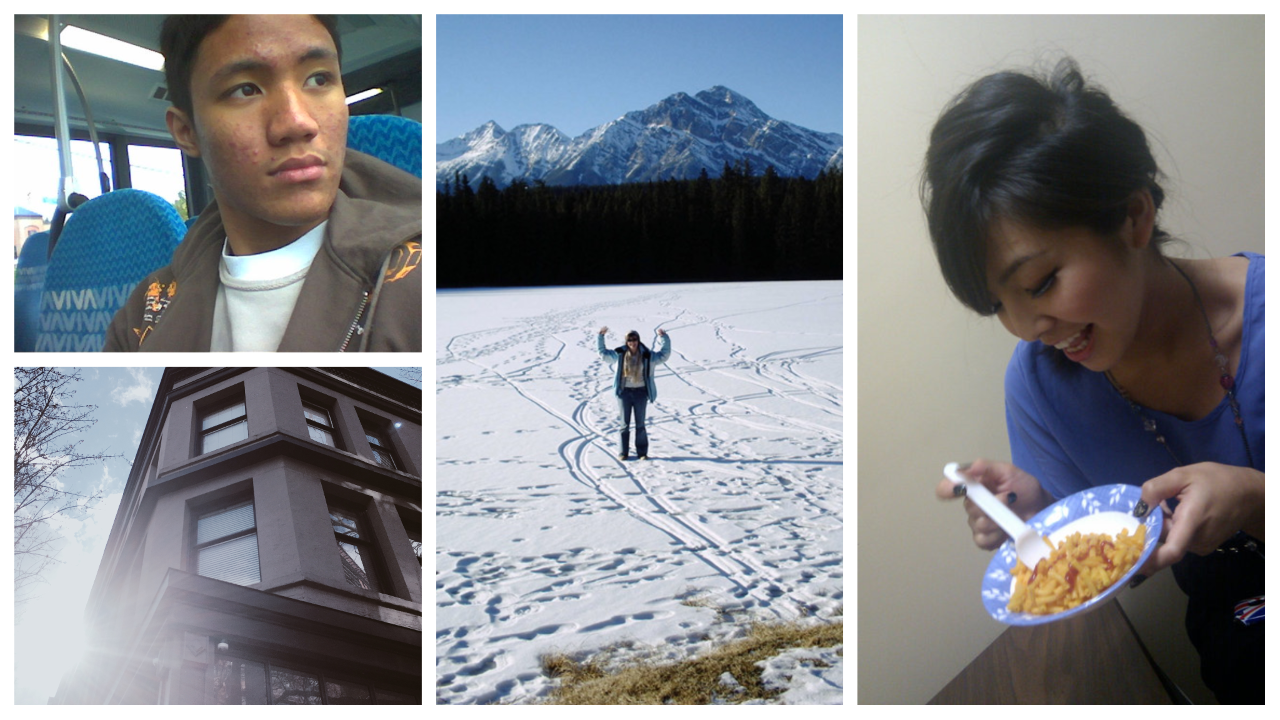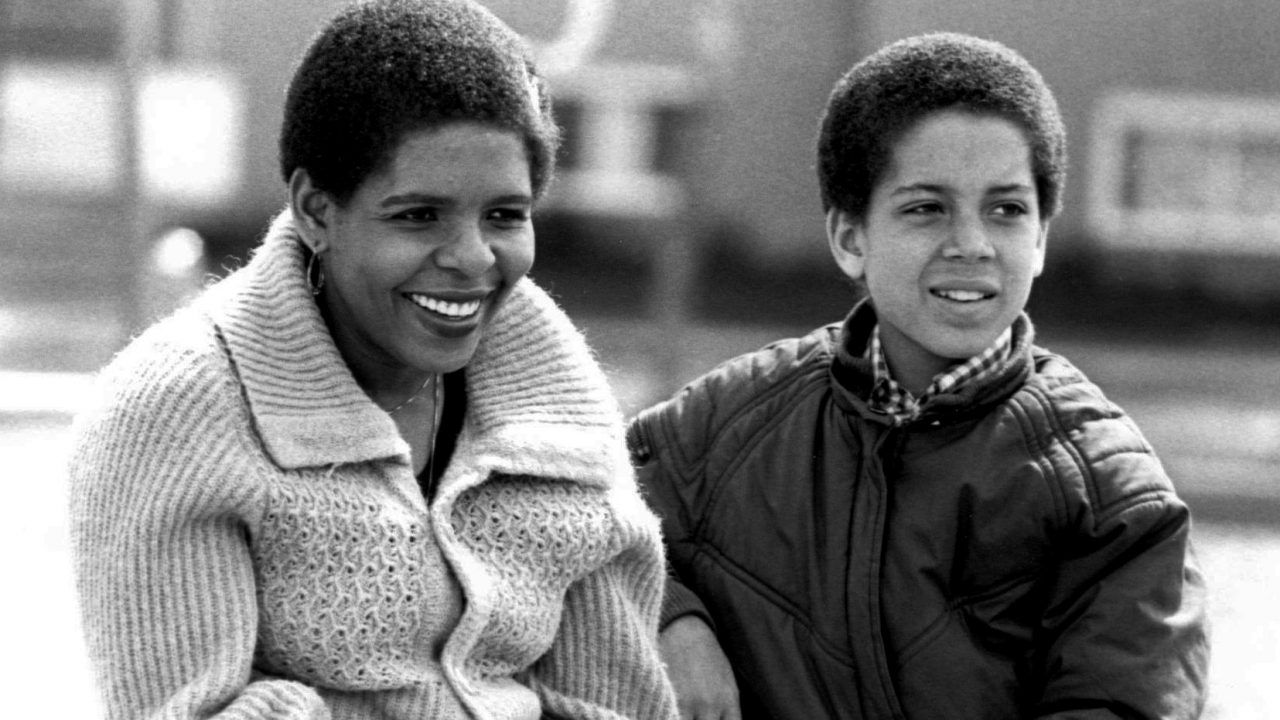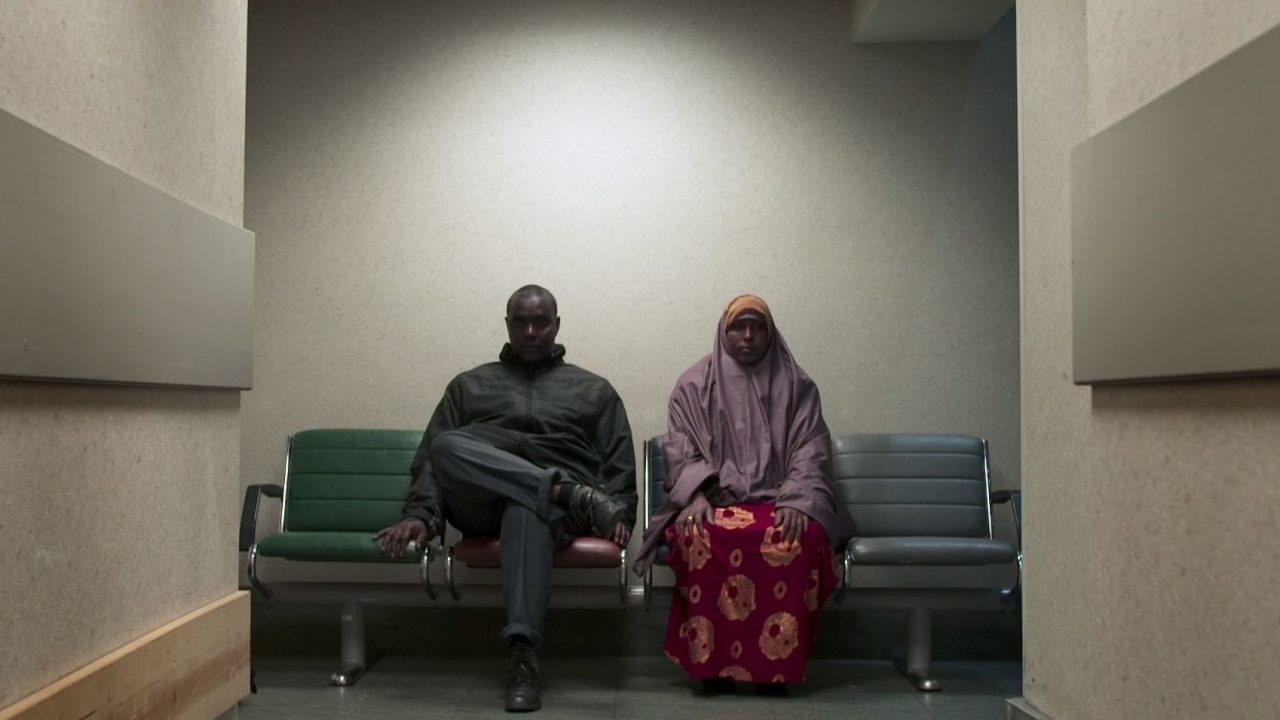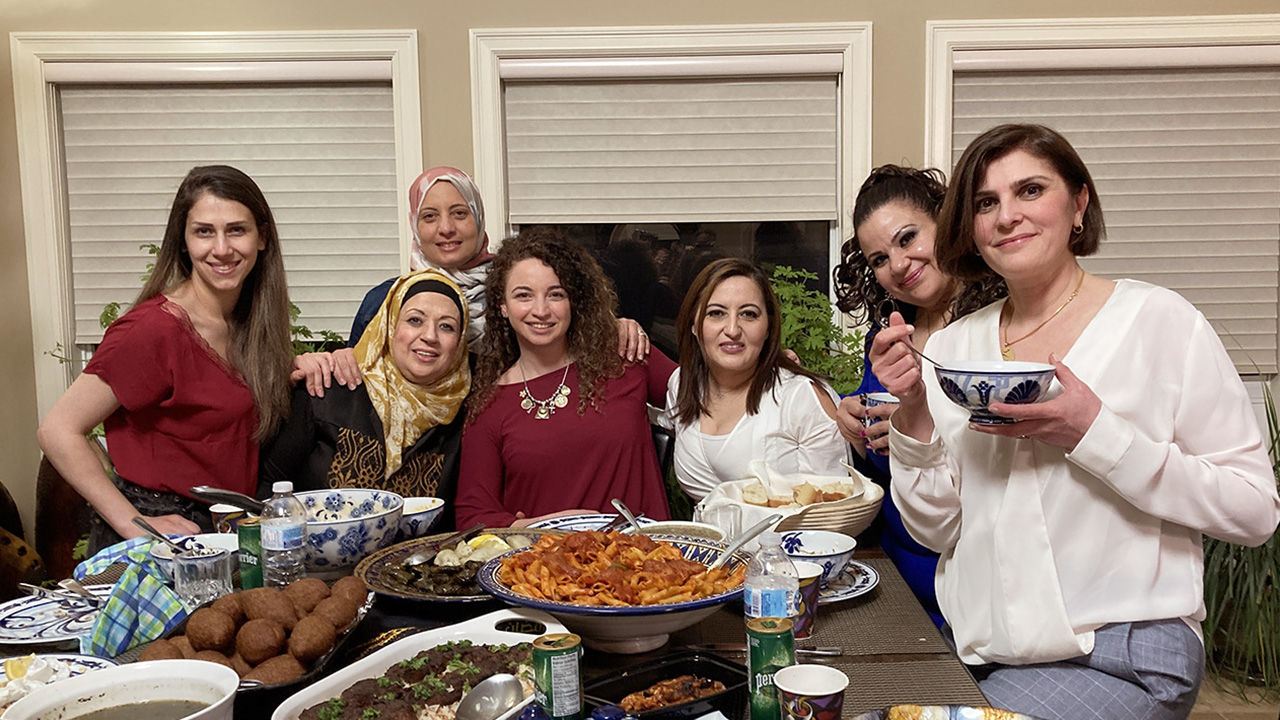
Embracing Vulnerability: A Personal Reflection on Arab Women Say What?!
Embracing Vulnerability: A Personal Reflection on Arab Women Say What?!
“My face will be on the big screen? That’s terrifying!” I exclaimed to my friend Nisreen Baker as we discussed her latest project, Arab Women Say What?! It was 2018, and little did I know that I’d be going on a wild five-year ride with my friends, not expecting the profound impact this documentary would have on me (and, hopefully, on audiences).
Having known Nisreen personally and keenly watched her previous works, including Things Arab Men Say, I knew that her vision challenged stereotypes, gently inviting viewers into the lives, homes and thoughts of those who are often marginalized. So when she asked me to participate, I accepted despite an immediate sense of responsibility to stay true to my thoughts and, of course, the sheer horror that the part-time introvert within me felt. I was not only going to appear in the documentary as myself, but also as an Arab woman—an identity that has greatly influenced how I view the world and how others perceive me. Knowing that Nedra, Sanaa, Tereza, Aya, Hala, Carmen and Leylan were all in brought me so much comfort, and confidence that the content was guaranteed to be both deep and fun. And if we had to be terrified, at least we could be terrified together. That being said, Nisreen eased our apprehensions by introducing “Narges,” the camera, as our new friend. Her presence grew on us, blending seamlessly into our gatherings as we shared stories, laughter and, occasionally, tears.
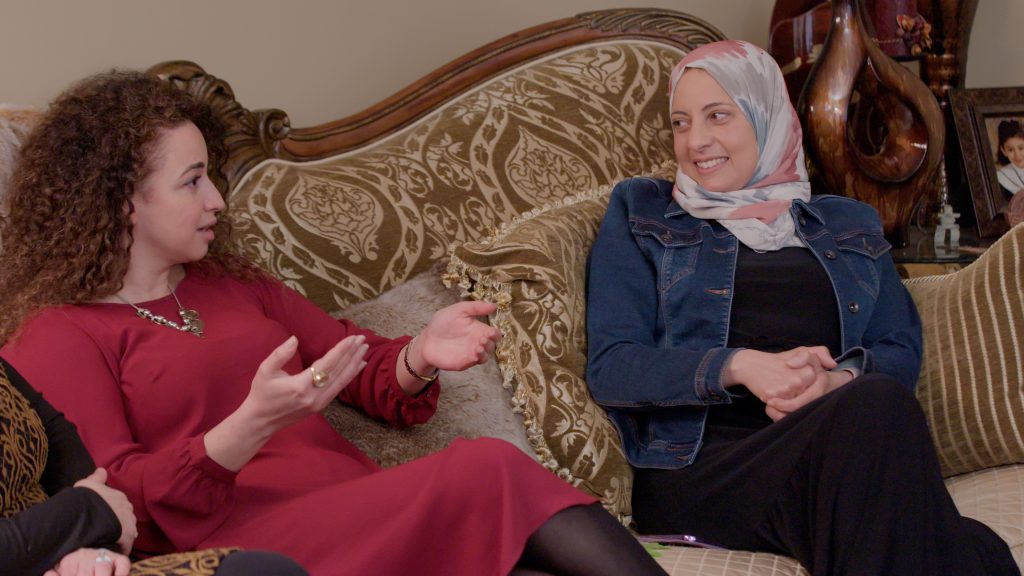
The idea of representing the Arab identity is tricky. There are 22 Arab countries across Africa and Asia with a smorgasbord of traditions and cultural heritage. Whenever we got together as a group, we often spent some time laughing at how different our dialects were. Yes, we all spoke Arabic, but our tongues were tinted with so many linguistic flavours, from unique influences related to growing up in countries nestled between Africa, Asia and Europe, with considerable cultural reshaping by the trade routes, and unfortunately complex colonial histories that capitalized on said strategic locations and cultural richness.
To quote someone I went on a date with once who didn’t realize I was Arab, “Do you know that Muslim women are not allowed to go to school? You know they are forbidden from driving?” It was sobering to know that these false perceptions, while confidently relayed, remained incredibly ignorant and shielded. Interactions like these confirm that Nisreen’s documentary is a critically important means of challenging such uninformed molds. Arab women are not all magic carpets, incense and belly-dancing set to “exotic” ney music with a backdrop of camels in the Sahara. The whole group understood that our conversations needed to resonate with the audience, even if that meant that we discussed our deepest fears, longings and the intricacies of defining “home.”
Watching the documentary at the premiere was a surreal experience, evoking laughter, tears and moments of introspection. Sharing a meal is central to the Arab experience, and Ramadan takes it to another level. To me, the Ramadan gathering was the highlight of the documentary because it captured our genuine interactions at a time when we all generally feel nostalgic for our home countries and our big family and friend gatherings. As with every family gathering, politics inevitably make their way into our conversations, shaped by our keen awareness of regional geopolitics and, for some, firsthand experiences of war. Watching us talk about how Gaza was being bombarded while Gaza was being bombarded when the documentary premiered was a rude awakening. On the other hand, watching every shot was like looking at a photo album of polaroids of your feelings and general state at that time.
As the credits rolled, I couldn’t help but feel a sense of gratitude for being part of such a transformative project. Arab Women Say What?! isn’t just a documentary: it’s a celebration of resilience, sisterhood and the power of authentic storytelling. As I reflect on this journey, I’m reminded that our voices matter, our stories deserve to be heard, and our identities are multifaceted, defying narrow stereotypes. Despite the initial jitters, I am proud to have been portrayed next to my intelligent, eloquent and courageous friends, who are vast in their personalities, kindness and generosity. I’m also reminded that in embracing vulnerability, we find strength, unity and the courage to challenge perceptions—one conversation at a time.
